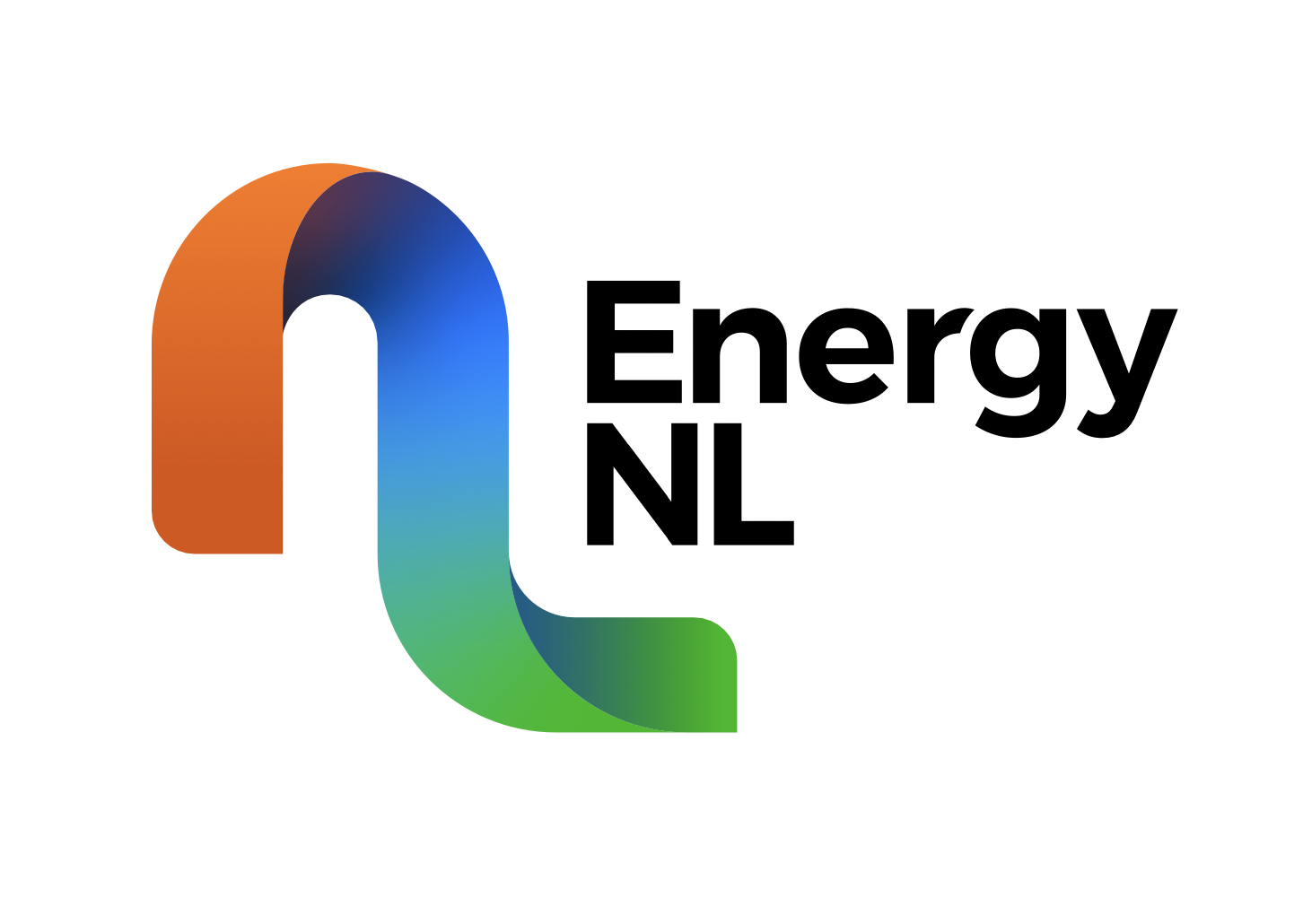(Bloomberg) –Oil at $100 a barrel cannot be ruled out in 2023 as supply additions are expected to be too slow to keep up with record demand, according to Goldman Sachs Group Inc.
While the bank’s base forecast is for Brent to stay around $85 next year and 2023, it could breach triple digits through either higher cost inflation for drillers, or if an unexpected supply shortfall forces prices to spike high enough to destroy demand, said Damien Courvalin, head of energy research.
The upside risks underscore why Goldman remains bullish on oil even after prices have rallied more than 40% this year. The bank sees the recent sell-off as overdone on unnecessary concerns about omicron-related restrictions and expects investors to buy the dip once asset managers reallocate money next year.
“There’s insufficient supply in the face of strong demand,” Courvalin said in a call with reporters Friday. “Oil prices have to be higher to overcome the higher cost of capital to fund projects.”
The recent $10 dip is the equivalent of pricing in a loss of 5 million barrels a day of demand for three months. That’s likely an overreaction, Courvalin said, as governments seem to be responding to omicron with more testing than new lockdowns so far.
Longer term, output growth is being hit by challenges including upstream cost inflation and more expensive financing as investors opt to support ESG-focused sectors, he said. Investments in long-cycle oil projects have also dipped due to uncertainties around energy transition and its impact on fuel usage.
Demand for everything from gasoline, diesel and plastics is currently at a record level, with consumption expected to reach new highs in 2022 and 2023, he said. Use of jet fuel will continue to lag due to Covid-related travel restrictions, but some pent-up demand for travel is likely to emerge as borders reopen.
Demand is being supported by strong government capital expenditure, both to support the economic recovery from Covid and to fund the energy transition needed to combat climate change. An increased focus on income inequality will also support commodities, as poorer people tend to spend a higher portion of their income on goods and energy.
Oil prices could go as high as $110 a barrel if supply can’t keep up and the market needs demand destruction in order to balance, he said.
Source: Bloomberg | This text was excerpted from the media outlet cited on December 17, 2021 and is provided to Noia members for information purposes only. Any opinion expressed therein is neither attributable to nor endorsed by Noia.





